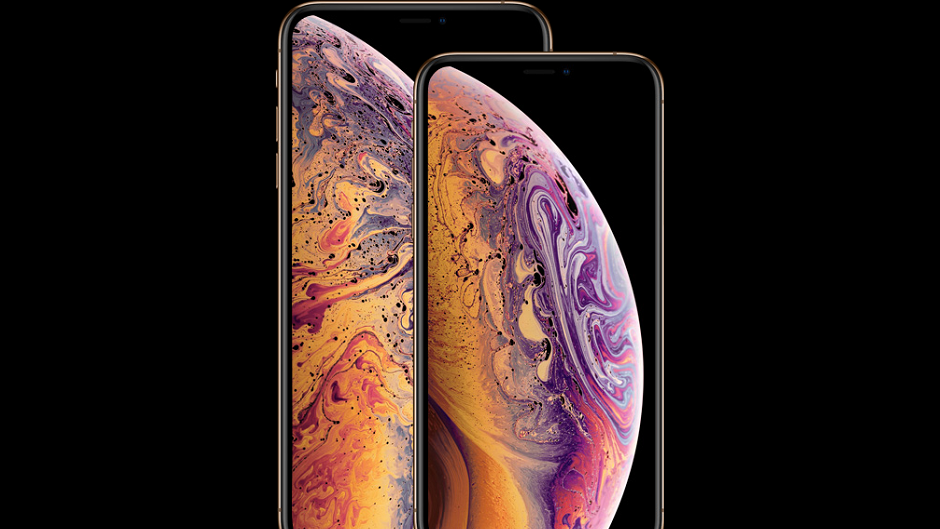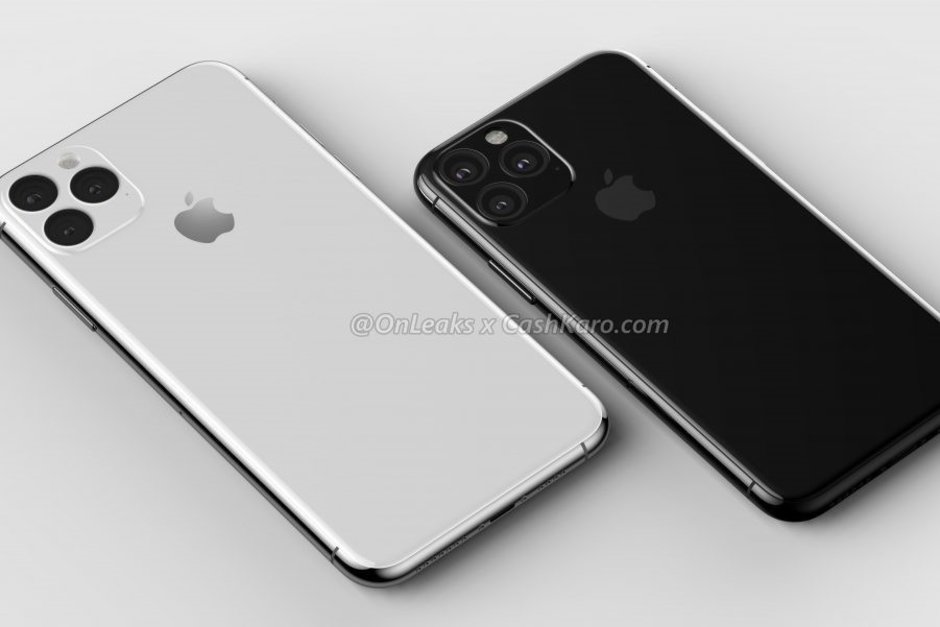Apple might not be able to obtain enough supplies of an important iPhone part this year

Trade relations between the U.S. and China have had quite an impact on a company like Huawei, which was on its way to becoming the largest smartphone manufacturer in the world next year. Now that the U.S. and China have agreed on a truce in their trade war allowing U.S. suppliers to once again sell their parts and software to Huawei, tension between Japan and South Korea threatens to have a negative impact on Apple.
According to Reuters, starting on July 4th Japan will restrict the export to South Korea of fluorinated polyimide and resist and high-purity hydrogen fluoride (HF). These materials are used in the production of smartphone displays and chips, respectively. The resist is used to transfer circuit patterns on the substrate of a semiconductor. This is done these days using extreme ultraviolet lithography (EUV) to mark out where transistors will be placed inside a chip. The high-purity hydrogen fluoride (HF) is used to etch silicon. An official announcement from the Japanese government related to these new restrictions is expected to be made as soon as tomorrow.
Apple might have to scramble to obtain enough OLED panels for the 2019 models
Starting on July 4th, Japanese exporters shipping these materials to South Korea will need to apply for permission to export these supplies. This is a process that takes as long as 90 days; currently, these materials receive preferential treatment by the Japanese government. And because Japan produces 90% of fluorinated polyimide and resist globally as well as 70% of etching gas, this is going to have an impact on South Korean manufacturers like LG and Samsung. And considering that the latter two companies produce OLED panels for the Apple iPhone, the U.S. tech giant could have problems sourcing enough displays for the 2019 iPhone models. The iPhone 11 and iPhone 11 Max are expected to feature OLED screens.

Apple could have problems procuring enough OLED panels for this year's iPhone models
Apple might not have an alternative. It recently invested $100 million in Japan Display, the company that supplies the Liquid Retina LCD screens for the iPhone XR and OLED displays for the Apple Watch. But Japan Display came late to the OLED game and might not be able to satisfy Apple's demands for the iPhone in terms of quality and quantity.
The two countries are bickering over a court ruling made last October by the South Korean Supreme Court, which ruled that South Koreans who were forced to work for Japan's Nippon Steel during World War II must be compensated for their labor. Japan, calling the ruling "unthinkable," says that this issue had already been resolved back in 1965 when diplomatic ties between the two countries were restored.
This news comes on the heels of the G20 meeting among world leaders in Japan late last week. During the summit, U.S. President Donald Trump and his Chinese counterpart Xi Jinping agreed to a truce in the current trade war between the two countries. That led Trump to announce that U.S. companies are once again allowed to sell supplies to Huawei. For Apple, it also means that for now, the company won't have to pay a 25% import tax on each handset it imports to the U.S.
While the iPhone is designed in the U.S., the vast majority of units are assembled in China. The next tier of products that would have faced an import tax was said to include smartphones, tablets and other mobile devices. One analyst, Morgan Stanley's Katy Huberty, estimated that a tariff on the iPhone XR would raise the price of the phone by $160.
The last year has been tough one in some regards for Apple. Facing slumping sales on its most important product, it had to pull off a last-second deal to guarantee a supply of modem chips from Qualcomm for a 5G iPhone expected next year. Then, it had to wait and see whether tariffs would be imposed on the iPhone and iPad. And now, it might have to scramble to obtain enough OLED panels for the 2019 iPhone models that should be unveiled in less than three months. Perhaps a diplomatic resolution will be reached.
Follow us on Google News












Things that are NOT allowed:
To help keep our community safe and free from spam, we apply temporary limits to newly created accounts: